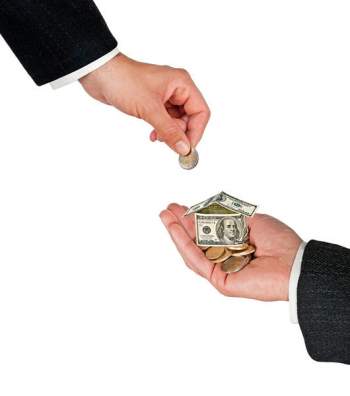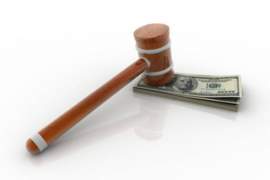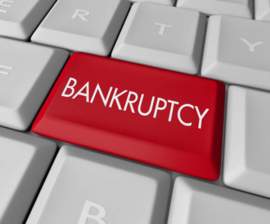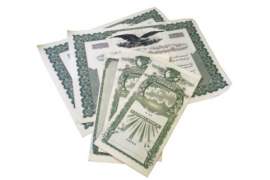
Make Sure You Know the Other Loans

Related Forms
Schedule B - Personal Property
Schedule C - Property Claimed as Exempt
Schedule D - Creditors Holding Secured Claims
Schedule E - Creditors Holding Unsecured Priority Claims
Schedule F - Creditors Holding Unsecured Nonpriority Claims
Schedule G - Executory Contracts and Unexpired Leases
Schedule I - Current Income of Individual Debtor(s)
Schedule J- Current Expenditures of Individual Debtor(s)
Summary of Schedules (Includes Statistical Summary of Certain Liabilities)
View AllAlthough home mortgages and car loans are two of the most common varieties, there are many different types of personal loans that an individual may choose to apply for. Debtors may have trouble obtaining line of credit loans if they have a poor credit history or a low credit score. Generally, a low credit score will indicate that a borrower has had trouble making his/her monthly payments, or that he/she has failed to pay debts all together. In instances such as this, creditors may choose not to grant an applicant credit because he/she is a risk.
Individuals who are experiencing this problem may choose to apply for personal loans known as "bad credit loans." These personal loans may include line of credit loans, or installment loans for the purchase of a large item, such as a motor vehicle. Bad credit loans may be beneficial to an individual who is unable to obtain a customary loan from a bank or a credit union, because a lender will generally not run a credit check on an applicant.
Applicants may be granted unsecured line of credit loans. However, creditors will charge unusually high interest rates for debtors who are granted bad credit loans. Moreover, the terms and conditions of these types of personal loans are strict. If an individual utilizes a bad credit loan in order to purchase a motor vehicle, the vehicle may be repossessed by the lender if the debtor is late on one payment. A payday loan is another type of loan that a consumer may apply for if he/she has a poor credit history.
An individual who applies for a payday loan will be granted a small line of credit, usually $500, for a specified period of time. The borrower will be required to provide the lender with a check for the sum of the specified monetary value, and the interest that the lender charges. The lender will not cash the check until the date that the creditor and the debtor agreed upon. If the borrower is unable to produce the money to cover the check by the agreed upon date, he/she will be required to extend the loan.
This means that the debtor will be required to pay the creditor double the interest. The interest that is associated with these line of credit loans tends to be almost absurdly high, and therefore, payday loans have been outlawed in many states. Other types of personal loans that an individual may choose to apply for include home equity loans and merchant loans. When a debtor takes part in a home equity loan, he/she uses his/her home's equity as collateral for credit.
These types of loans are often utilized in order to pay for a child's college education, or to purchase necessary equipment for a small business. Merchant loans are line of credit loans, in which a business grants a consumer a specified amount of credit so that he/she can purchase goods from that corporation. They are credit cards that are only valid in a specific store. While all of these types of personal loans may be valuable in certain situations, it is important to be cautious when dealing with credit. If a borrower is not careful, he/she may accrue unmanageable debt and find himself/herself in a financial crisis.
NEXT: Quick Overview of Chapter 11 Bankruptcy





















